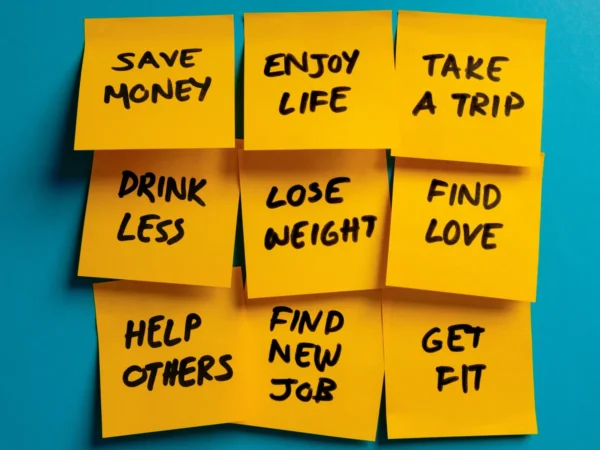
How to Stay Calm in Stressful Situations

In the digital age, it’s easy to feel stressed and overwhelmed at work. Maybe you have trouble turning off the thought machine when you get home or maybe the laptop goes home with you so the work never ends. Email goes straight to the phone so it seems we’re always connected, always putting out fires or thinking through complex solutions. The type of routine is normal now. It’s no wonder that we’re stressed out!
Don’t fret, there are simple habits that can make a huge impact on the daily stress in your life.
Meditate
Meditation is a powerful practice that can lower stress, increase memory, happiness, and even make you more productive! It’s easy to say that you don’t have time to meditate. But if that’s the case, you need to meditate even more. Instead of taking time out of your day, a simple meditation practice will create more time in the day. It can help improve concentration and focus so you get more accomplished each day, and do it with less stress.
If you don’t know where to start with meditation, consider using a guided meditation app to help you through your practice. There are several great options, many with free versions available. If you love tech and want to take your practice to the next level, consider the Muse Brain sensing headband. It’s not cheap, but it offers some cool features.
Deep Breathing
Controlled breathing can be a great technique to instantly bring calm to the body and mind. This is also a technique you can practice anywhere, such as before a big presentation or during a crisis. This technique is so effective (and simple), it’s commonly recommended during panic attacks.
Try breathing in to the count of four, holding for four, and then breathing out for eight. Repeat four times in a row before returning to your normal breath. This exercise can be used as part of your meditation practice or before/during stressful situations. It can also be repeated multiple times per day!
Go for a Walk Outside
A slow paced 10-minute walk can calm the mind and help you gain a greater perspective of the situation. The body loves to move and even better if you can get some sunshine (weather permitting).
Let the stressful thoughts fade away and began focusing on all the sights and sounds outside. Listen to the sounds of cars or people talking, feel the wind if there is any, and pay attention to all the details around you. As stressful thoughts creep in, accept the thoughts and let them pass as you continue to focus on the world around you.
Chew Gum
Chewing gum can help calm a running mind. It can positively impact mood, reduce anxiety, and even decrease fatigue, according to this study. Some believe it goes back to our primitive state when our fight-or-flight response kicks in to help us escape death from the tiger hiding in the bushes. Eating only occurred when we were in a safe place, away from life-threatening danger.
While it’s simple to pop a piece of gum and starting chomping away, you’ll want to remain aware of the social setting. For instance, you may not give the best first impression during an interview if you’re chomping away on your favorite flavor.
Reduce or Stop Caffeine
Caffeine is widely accepted in western culture, whether it be a morning cup of joe or a delicious tea. It’s a sacred ritual for many of us. However, consuming too much caffeine can heighten stress and anxiety.
Caffeine affects everyone differently. Just because your coworker can have five cups of coffee while trying to wake up doesn’t mean it’s a good idea for you. Pay attention to how much you are consuming and how your body reacts. If you’re always tense and anxious, try decreasing your consumption over a few weeks to see how your body responds.
Limit Sugar
We all know sugar is bad for the body. It leads to weight gain, fatigue, and insulin intolerance. But it’s also bad for your brain. It can heighten stress levels and anxiety. Not to mention, when you crash from the sugar high, you’re more likely to go for that extra cup of coffee.
It’s scary how many foods have added sugar. You’ll find it disguised as corn syrup, dextrose, fructose, cane juice, cane sugar, agave nectar, rice syrup, fruit juice, and many more. While completely cutting out sugar is tricky, start paying attention to the amount of sugar you consume on a daily basis.
Takeaways
These examples are just a few options you can take to ward off stress and anxiety at work. But this is just the tip of the iceberg. It comes down to self-care. You must make time to take care of both your mental and physical health. Practice mental hygiene the same way you practice physical hygiene such as showering and brushing your teeth twice a day. Don’t expect to radically change overnight either. Focus on improving a tiny bit each day.
About the author: Marc is a writer for Mindful Searching, a content site dedicated to providing accurate information around mental health and wellness. Marc has improved his brain health through self-experimentation over the last 9 years. Curiosity is his driving force.












































